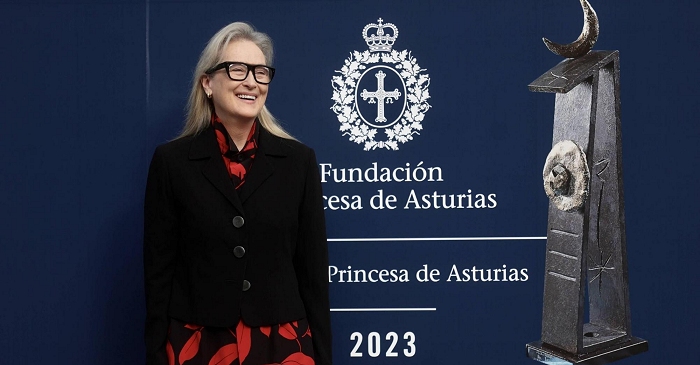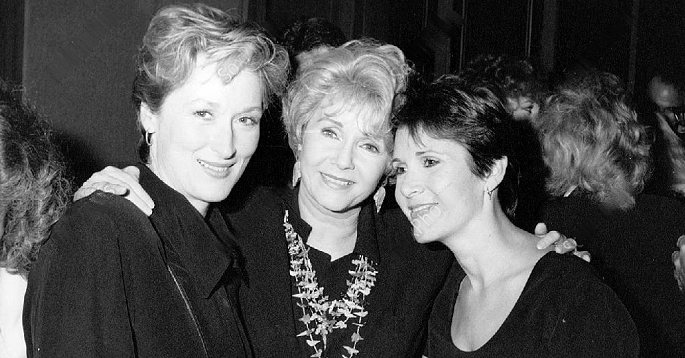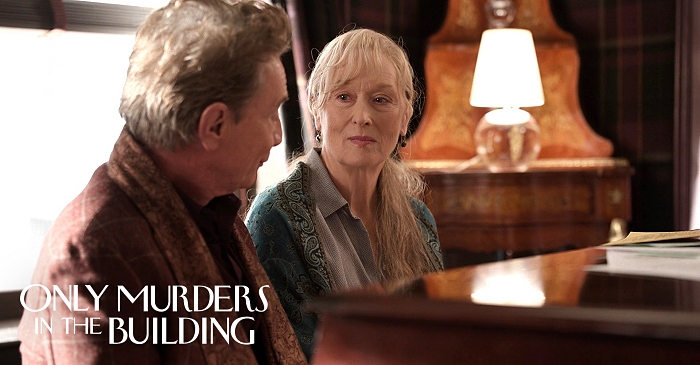|
Simply Streep is your premiere source on Meryl Streep's work on film, television and in the theatre - a career that has won her the praise to be one of the world's greatest working actresses. Created in 1999, we have built an extensive collection to discover Miss Streep's body of work through articles, photos and videos. Enjoy your stay.
|
Celebrating
25 years
of SimplyStreep
|
Margaret Thatcher, the first woman ever to serve as prime minister of Great Britain and the longest-serving British prime minister of the 20th century, has died at age 87. Thatcher had significant health problems in her later years, suffering several small strokes and, according to her daughter, struggling with dementia. But during her long career on the political stage, Thatcher was known as the Iron Lady. She led Great Britain as prime minister from 1979 to 1990, a champion of free-market policies and adversary of the Soviet Union. Many scenes of her political career, shown today in news reports all over the world, not only highlight her impact in politics for decades, but also recall Meryl’s powerful performance as Thatcher in her Oscar-winning performance in 2011’s “The Iron Lady”.

Today, Meryl Streep’s management has released a statement by Meryl on Margaret Thatcher’s death:
Margaret Thatcher was a pioneer, willingly or unwillingly, for the role of women in politics. It is hard to imagine a part of our current history that has not been affected by measures she put forward in the UK at the end of the 20th century.
Her hard-nosed fiscal measures took a toll on the poor and her hands-off approach to financial regulation led to great wealth for others. There is an argument that her steadfast, almost emotional loyalty to the pound sterling has helped the UK weather the storms of European monetary uncertainty.
But to me she was a figure of awe for her personal strength and grit. To have come up, legitimately, through the ranks of the British political system, class bound and gender phobic as it was, in the time that she did and the way that she did, was a formidable achievement. To have won it, not because she inherited position as the daughter of a great man, or the widow of an important man, but by dint of her own striving.
To have withstood the special hatred and ridicule, unprecedented in my opinion, leveled in our time at a public figure who was not a mass murderer; and to have managed to keep her convictions attached to fervent ideals and ideas — wrongheaded or misguided as we might see them now — without corruption — I see that as evidence of some kind of greatness, worthy for the argument of history to settle.
To have given women and girls around the world reason to supplant fantasies of being princesses with a different dream: the real-life option of leading their nation; this was groundbreaking and admirable.
I was honored to try to imagine her late life journey, after power; but I have only a glancing understanding of what her many struggles were, and how she managed to sail through to the other side. I wish to convey my respectful condolences to her family and many friends.












